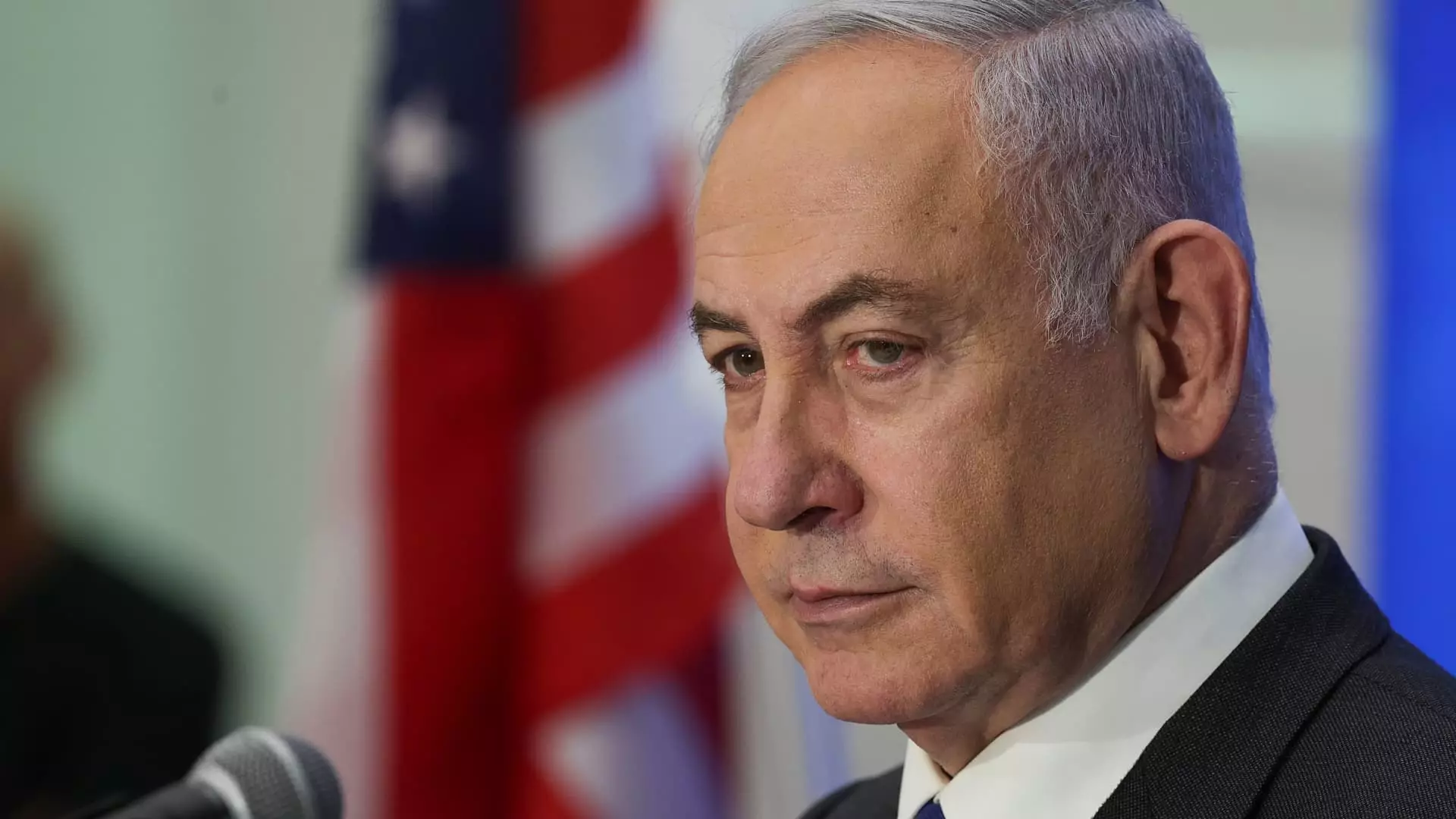Despite the tradition of attending Israeli Prime Minister Benjamin Netanyahu’s address to a joint meeting of Congress, Vice President Kamala Harris and more than 30 Capitol Hill lawmakers have chosen not to be present. This departure from tradition has sparked controversy and raised eyebrows, especially given the current geopolitical climate. The absence of such prominent figures is significant, considering the historical importance of Netanyahu’s speeches to Congress.
While some lawmakers, like Sen. Patty Murray, have cited ideological reasons for skipping Netanyahu’s speech, others, including Vice President Harris, have attributed their absence to prior commitments. Harris, currently on the campaign trail as the Democratic front-runner for the party’s presidential nomination, is focusing on her electoral responsibilities. Similarly, Sen. JD Vance, the Republican nominee for Vice President alongside former President Donald Trump, is also skipping the speech due to his campaign duties. The absence of key political figures raises questions about the underlying motivations behind their decisions.
The decision of at least 30 lawmakers to boycott Netanyahu’s speech sends a powerful message of dissent against the Israeli Prime Minister and his policies. Some lawmakers, such as Sen. Bernie Sanders, have openly criticized Netanyahu’s handling of the Israel-Hamas conflict and his refusal to support a two-state solution. This act of boycott highlights the contentious nature of Netanyahu’s visit to Congress and reflects the increasingly polarized views on his leadership.
While Netanyahu is on Capitol Hill, he is scheduled to meet with the top four congressional leaders, including House Speaker Mike Johnson and Senate Majority Leader Chuck Schumer. These meetings are likely to be laden with political tensions and debates, given the divisive nature of Netanyahu’s policies. Moreover, the separate meetings with President Joe Biden and Vice President Harris at the White House are anticipated to be crucial in addressing the ongoing humanitarian crisis in Gaza and the broader implications for Middle East peace and security.
The controversy surrounding Netanyahu’s address to Congress underscores the deep-seated divisions within the political landscape concerning Israel and its leadership. The decision of Vice President Harris and other lawmakers to opt-out of the event reflects the complex dynamics at play and the varying perspectives on how to engage with contentious foreign policy issues. As Netanyahu’s speech unfolds amidst protests and boycotts, the implications for U.S.-Israel relations and the broader Middle East region remain uncertain.



Leave a Reply